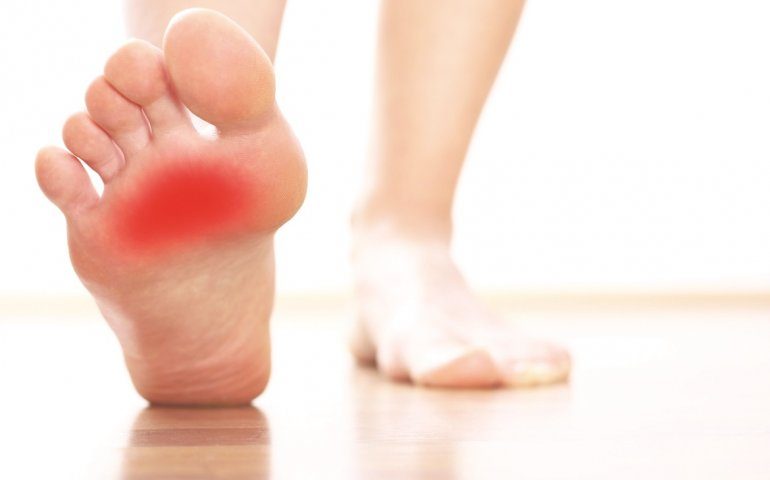
Definition
Metatarsalgia (also referred as Metatarsophalageal joint synovitis) is a painful foot condition in the metatarsal region of the foot (the area just before the toes, more commonly referred to as the ball-of-the-foot). This is a common foot inflammatory that may affect the bones and joints at the ball-of-the-foot. This is a disorder that can affect the bones as well as joints at the plantar forefoot.The metatarsal bones are designed to equally share the weight of a person during walking and daily activities. Once this delicate balance between bones is disrupted, the result can be gentle to intense foot pain. Metatarsalgia is a term that refers to the number of problems people can experience in this area.
Causes of Metatarsalgia
Symptoms of Metatarsalgia
Physical Therapy Management at SOS PHYSIO
SOS PHYSIO’s physiotherapists have designed a dynamic corrective foot posture exercises that they have been prescribing and fine tuning over the past decade. These exercises actually correct the dynamic muscle control of your foot & retrain your own foot muscles. There are many physical therapy treatments such as Manual therapy & Active Release Techniques (ART) that have been shown to be very effective in treating this condition.
For more information- Contact your local SOS PHYSIO clinic.